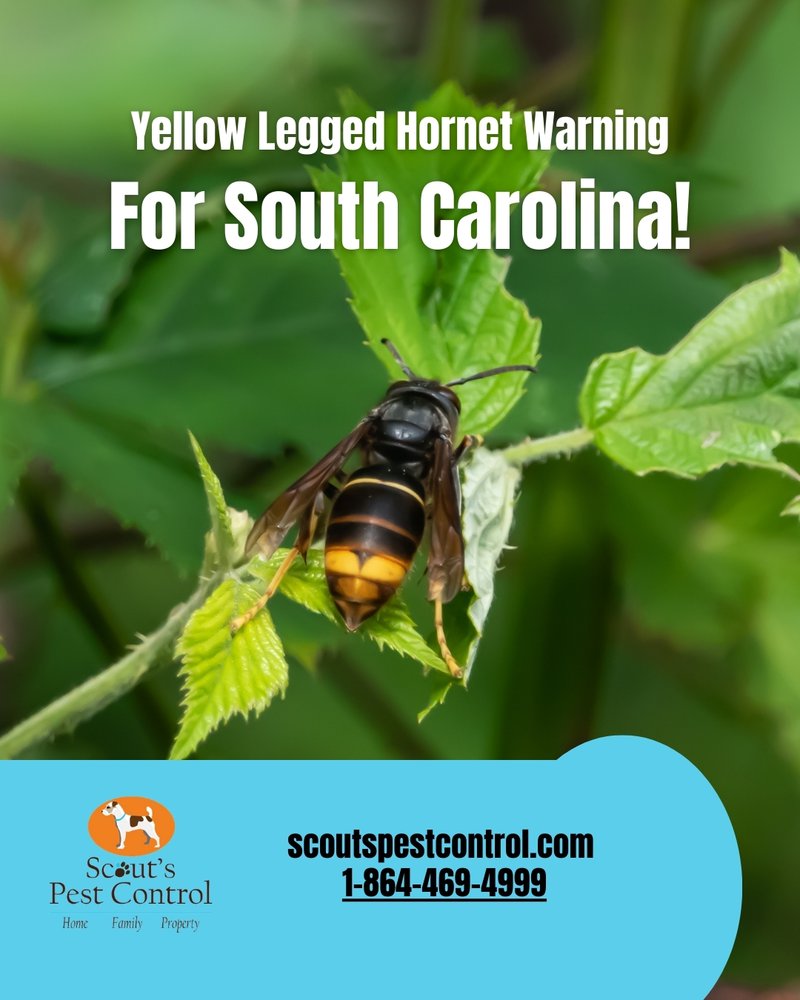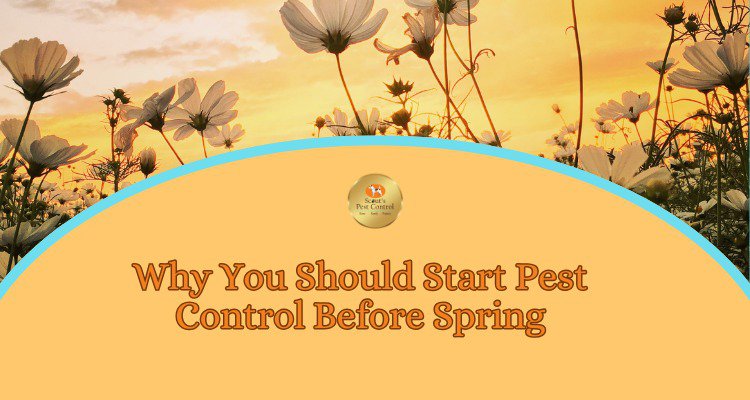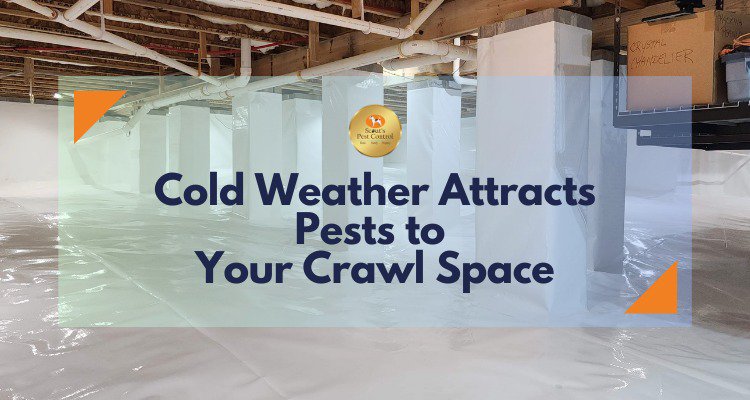Know one really knows when the invader arrived in the deep south. However, one thing we do know is that it is here. This is not your ordinary pest—it’s the yellow-legged hornet, a new invasive species that’s quietly spreading its wings of destruction. Found a while back, it persists in its stealthy conquest, leaving ecologists and residents on high alert. You may not have seen any in the upstate, but do not be foolish and think this is not serious. Hornets are troublesome at best and yet this one has the potential of mass devastation.

Of course, we understand this hornet is not native to our area and comes from asia. This unwelcome guest was first discovered on American soil not long ago. The Asian yellow-legged hornet has long thrived in its native Asia, which is a worrisome discovery regarding invasive species. Its trek across continents to the United States marks a chilling precedent.
This article serves as a crucial warning and a guide. Learn how to identify the yellow-legged hornet, and seriously consider the very real dangers this insect poses. Learn why you need to take action and what you should do if you encounter this dangerous pest. Moreover, this species of hornet has broader implications. Consider how this invasive species can quietly disrupt ecosystems and upset the natural balance. The outcome could be catastrophic to life, which is why we need to consider pest control solutions.
How to Identify a Yellow Legged Hornet

Identifying the Yellow Legged Hornet is important because it is a dangerous invasive species that could harm South Carolina’s ecosystem. This hornet can be distinguished by several key features. Despite sharing a general resemblance to local hornets like the bald-faced hornet and other wasps, there are identifying characteristics that set it apart.
Firstly, Yellow Legged Hornets have a distinctive yellow and black color pattern. Their legs, as the name implies, are bright yellow, which contrasts their dark bodies. The face also typically has yellow markings, and their eyes are noticeably large and dark.

Secondly, their nests are unique. While many native hornets and wasps construct exposed nests that are often gray and resemble papier-mâché, Yellow Legged Hornets build nests that are typically spherical or egg-shaped, enclosed, and constructed in sheltered locations. Unlike the open conical nests of paper wasps, their nests are often found in hollow trees or other cavities, providing additional protection for the colonies within.
If you believe you’ve identified a Yellow Legged Hornet or its nest, exercise caution and contact scouts pest control, or report to local agencies such as the Clemson Department of Plant Industry or the Apiary Inspection Program, for assistance.
Dangers of these Invasive Hornets
The Yellow-Legged Hornet has recently been found in several areas of South Carolina. They continue to spread and therefore presents a distinct threat level when compared to the region’s more common hornet species, including the bald-faced hornet and paper wasps. Unlike some native hornets that generally avoid conflict unless provoked, the Yellow-Legged Hornet is a particularly aggressive predatory insect, known for its systematic attacks on honeybee hives.
Here’s a comparison of hornet danger levels:

This Invasive hornet poses a high risk to native insects, especially the western honeybee colonies. It preys on adult bees, larvae, and brood, leading to weakened or even destroyed hives. Moreover, the Yellow-Legged Hornet’s queen can establish large egg-shaped paper nests that bolster their population, thus amplifying their impact as a pest of beekeeping operations. The hornet requires protein to survive and thrive in the area and the abundance of honey bees offer the hornets young the sustenance it needs for survival.
This behavior endangers not only the ecosystem’s balance but also the livelihood of beekeepers, highlighting the urgent role of entities like the Clemson Department of Plant Industry and the Apiary Inspection Program in monitoring and managing this invasive threat. Pest Control experts such as Scouts understand the severity of this threat and this is why we go above and beyond to ensure that we deal with threats not only to homeowners but to the local ecosystem.
Actions to take when Finding these Invasive Hornets

If residents in South Carolina encounter a suspicious hornet or nest that resembles those of the invasive yellow-legged hornet, they should exercise caution and report it immediately. Sightings and findings should be reported to the Clemson Department of Plant Industry or to the Apiary Inspection Program. This ensures that specialists can accurately identify the insect and respond appropriately to prevent its spread.
Regular pest control is necessary because it helps detect the presence of invasive hornets early, reducing the likelihood of established populations. We are pest control professionals and have the expertise to manage and eradicate infestations, protecting native insects and important agricultural industries like honeybee hives.
The benefits of pest control in this context include preserving the health of existing western honeybee colonies and protecting them from this predatory insect. Pest control interventions can also prevent the establishment of egg-shaped paper nests which can be a pest of beekeeping operations.
In summary, residents must stay vigilant and work alongside pests experts to detect and control yellow-legged hornet populations. Prompt reporting and professional pest management are critical in safeguarding South Carolina’s ecosystem from this exotic hornet threat.





